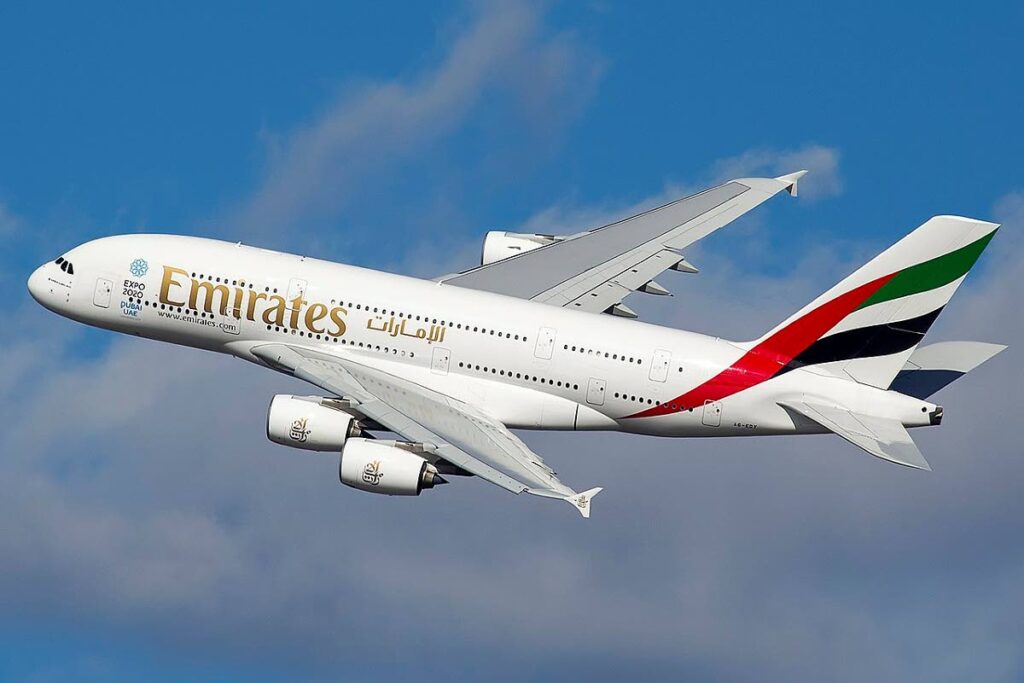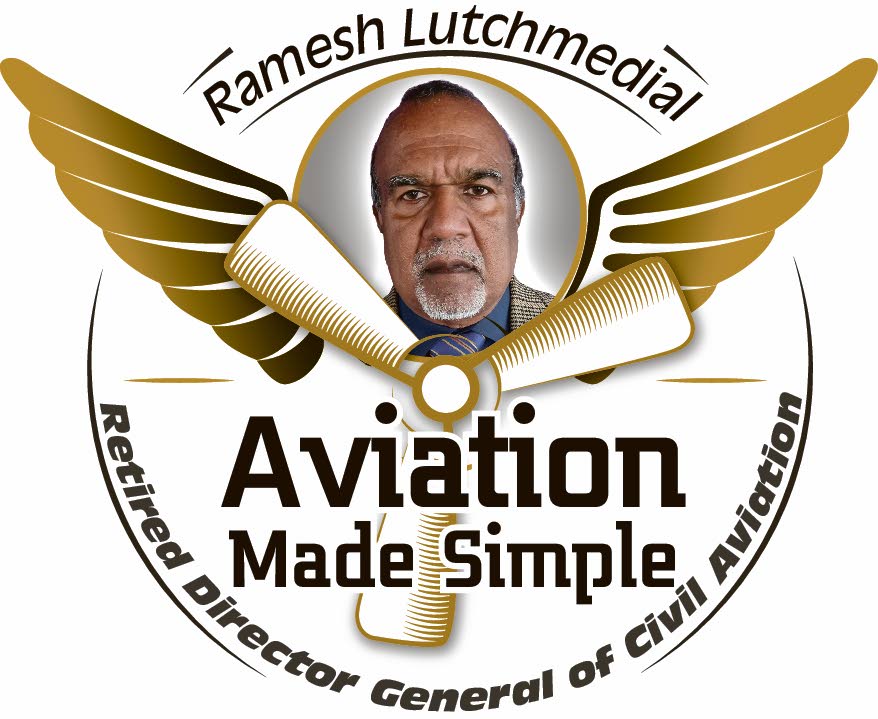Trinidad and Tobago, UAE agree on flights: but now what?

Last Sunday, the Ministry of Works and Transport (MOWT), in full-page advertisements in two newspapers, announced that on November 16, Trinidad and Tobago and the United Arab Emirates (UAE) had initialled an air transport agreement.
That means the agreement has to be ratified by the governments of TT and the UAE and confirmed by the exchange of diplomatic notes before taking full effect.
Most bilateral air service agreements (BASAs), assuming the initialled air transport agreement is a BASA, would have a clause that allows the agreement to take provisional effect on being initialled.
According to the advertisement, the agreement, once in force, will facilitate direct air links between TT and the UAE, promoting greater connectivity and increased accessibility.
For over ten years, the UAE has been seeking to enter into a BASA with TT. However, such efforts were thwarted because, at that time, there were no diplomatic relations between the UAE and TT.
A similar situation exists with Qatar, which wants to sign a BASA with TT, but this effort is constrained as TT and Qatar are yet to establish diplomatic relations.
BASAs provide for the grants of rights to airlines of the state parties to operate air services into each other’s territory in accordance with the freedoms of the air.
The UAE is an elective monarchy formed from a federation of seven emirates, consisting of Abu Dhabi, Ajman, Dubai, Fujairah, Ras Al Khaimah, Sharjah and Umm Al Quwain. Each emirate is an absolute monarchy governed by a ruler, and together the rulers form the Federal Supreme Council, the highest constitutional authority in the UAE.

The UAE has two major international airlines, Etihad, based in Abu Dhabi, and Emirates, based in Dubai.
Etihad Airways, which is based at Abu Dhabi International Airport, began operations in November 2003. It is the second-largest airline in the UAE after Emirates. The name Etihad is Arabic for "union," representing the unity of the seven emirates of the UAE.
Etihad operates more than 1,000 flights per week to over 120 passenger and cargo destinations in the Middle East, Africa, Europe, Asia, Australia and North America, with a fleet of Airbus and Boeing aircraft.
Etihad’s long-range fleet, consisting of the Airbus A380, the Airbus 350, the Boeing 777 and the Boeing 787 aircraft, has the range to fly non-stop services to Caribbean destinations, including TT.
However, none of the airports in the English-speaking Caribbean can accommodate an A380 aircraft because of its size.
Emirates is the largest flag-carrier of the UAE and the largest airline in the Middle East. It began operations in March 1985. The airline is a subsidiary of the Emirates Group, which is owned by Dubai's Investment Corporation. Emirates operates over 3,600 flights per week from its hub at Terminal 3 of Dubai International Airport, to more than 150 cities in 80 countries across all continents – except Antarctica –, through its mixed fleet of all wide-body Airbus and Boeing aircraft. It has the largest fleet of Airbus A380s, taking delivery of 123 aircraft.
On the other hand, TT's only international airline, state-owned Caribbean Airlines (CAL), does not operate any long-range aircraft that can fly directly from TT to the UAE.
The reality is that the very low demand for air travel between TT and the UAE does not justify scheduled air services between the countries.
Airline routes are developed over time fuelled by trade, tourism, culture and sports. It is for this reason that direct scheduled flights between TT and the UAE are very long in coming.
In 2012, during a state visit to India by TT's Prime Minister, a BASA was signed between India and TT. Government officials present hailed the signing as a significant milestone event that would soon result in direct flights between TT and India.

Eleven years later, the demand for travel between the two countries remains too low to justify direct flights.
Likewise, BASAs with African countries and Caricom states have not resulted in direct scheduled flights because of the low demand.
The code-sharing options provided for in BASAs posed major challenges for small airlines, because the minimum guarantees required by the host airlines are not economically feasible.
Travel between the Caribbean and the Middle East is seasonal, and peaks during the period of the annual Hajj pilgrimage to Mecca, when hundreds of Muslims, mainly from TT and Guyana, travel to Saudi Arabia. Travel is via London or New York, with connections on Saudia, Emirates and Etihad to the King Abdulaziz International Airport in Jeddah, which is the closest airport to Mecca. Others travel through Turkey.
BASAs also provide for non-scheduled services such as charter flights and these can be operated for special events such as trade events, cultural events and sports.
Cricket is a major sport in the UAE, and UAE cricket teams have participated in the Cricket World Cup and T20 tournaments. The headquarters of cricket’s governing body, the International Cricket Council (ICC), is in Dubai. The Sharjah Cricket Stadium is one of the best Test cricket grounds in the world and has hosted Test matches, one-day international (ODIs) and even games for the Indian Premier League.
The 2024 T20 series will be hosted by the West Indies and the US. Charter flights can be organised from the UAE to the Caribbean via TT to bring spectators to the T20 games.
Dubai has become a major tourist destination and financial centre. Nigerians have invested heavily in the Dubai real-estate business, and a large number of Nigerians, mainly Muslims, travel to Dubai as tourists.
The MOWT has said this strategic decision on behalf of citizens presents the opportunity for, inter alia, "bolstering tourism from the UAE and other regions in close proximity.”
This gives rise to a question. What tourism products can TT offer that can attract tourists from Middle Eastern countries to TT?


Comments
"Trinidad and Tobago, UAE agree on flights: but now what?"